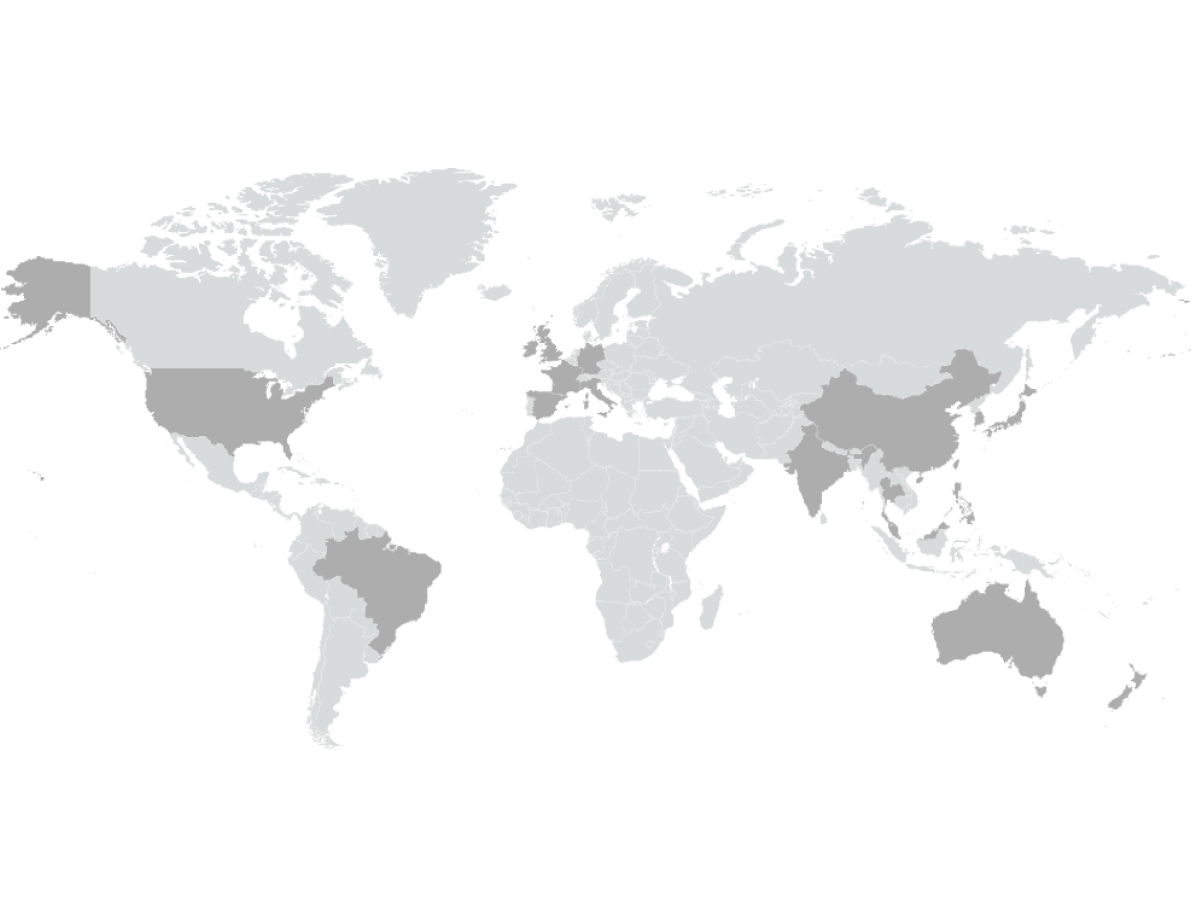It’s more important than ever for financial traders to have agile, turn-key access to global markets, avoiding the overheads of building and maintaining the underlying components of infrastructure themselves.
TNS has been a trusted partner to some of the world’s most demanding financial markets firms for over 30 years. This is a testament to the performance, security, availability and resilience of our global network. Our business has evolved from supporting low bandwidth Financial Information eXchange (FIX) connectivity as the markets became electronic, to today; where our high bandwidth, low latency global network is trusted to deliver business critical, raw market data to our client’s systems with the lowest latency and in the most resilient way.
In the last 10 years, we have developed a comprehensive suite of managed infrastructure services within international data centres and exchange co-location facilities which underpins our global connectivity. This has enabled TNS to support Tier 1 banks with fast, reliable connectivity and market data feeds to drive their trading.
Use Cases
The first typical use case for banks is hosting and connectivity for low latency, co-located trading environments, typically for banks to provide their clients with Direct Market Access (DMA) to markets and liquidity and, therefore, greater control over how their orders are executed. Systematic trading firms achieve lower latency, direct exchange access to liquidity but are still using the bank’s membership to trade in the market.
To control this business, banks install a pre-trade risk layer, which ensures clients operate within pre-agreed limits and controls. Some investment banks develop this logic in-house, and some use vendors or leverage the exchange’s pre-trade risk offering. To achieve the lowest latency exchange access, this risk layer is co-located next to the exchange’s matching engines. Where clients ask banks to show more discretion over the execution of their orders; banks will often use trading Algorithms and Smart Order Router (SOR) logic. Banks typically run this trading technology on infrastructure hosted in centralised locations with remote access to the various exchanges and liquidity sources.
In this setup, banks are consuming market data from multiple sources to drive their execution decisions. Therefore, they need high fidelity, low latency data delivered to these central sites with complete reliability. To build, run and manage a global network which leverages the lowest latency circuits with resilience guaranteed through fully diverse secondary circuits, costs millions of dollars a year. As data volumes continue to rise, the cost of maintaining uninterrupted access to all these markets globally can become prohibitively expensive. TNS can allow firms to realise economies of scale by sharing global infrastructure delivered as a service by highly experienced network engineers without compromising on performance or latency.
The importance of latency to trading outcomes varies significantly depending on the nature of the trading model and the investment period. All things being equal, the lower the latency, the better the trading outcome. For very short-term trading models’ latency becomes an integral factor for the profitability of that trading model.
The Ideal Partner
Banks work with TNS because we offer a complete range of infrastructure, hosting and connectivity solutions to suit the full spectrum of investment horizons and latency profiles. Be this from latency optimised remote trading, to co-located hosting and even ultra-low latency exchange connectivity via single digit nano second switching.
For Tier 1 banks, putting a partner in a critical trading path with counterparts can be high risk, especially if the wrong partner is selected. Banks and hedge funds are looking for stability and innovation, with exceptional, responsive service from senior teams who understand their business. Historically, investments in infrastructure and service can be quite cyclical – some firms may go through a cycle of investment to grow top-line revenue, followed by a phase of cost-cutting and streamlining to demonstrate profitability ahead of an exit event. This does not result in a long term, sustainable partnership. At TNS, we’ve taken a much longer-term view of our investments and growth, built on a solid foundation of consistent delivery and performance.
Couple this with the fact that many players in this sector have a preference to push in-house developed trading technology solutions alongside their infrastructure services, limiting choice for the customer; whereas we are fully agnostic to the technology stack our clients choose. With TNS, you get the flexibility of selecting the optimum technology solution for your business combined with the simplicity of a single, fully resilient and managed service, accessing multiple exchanges and financial market data providers, while staying ahead of ever-expanding bandwidth requirements with our fully managed global network.
For more information, visit tnsi.com/solutions/financial/
Alastair Watson is Managing Director in EMEA at TNS with responsibility for its global banks’ strategy.





